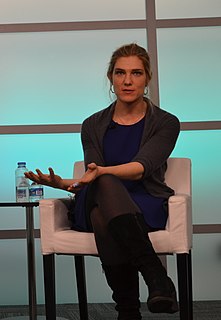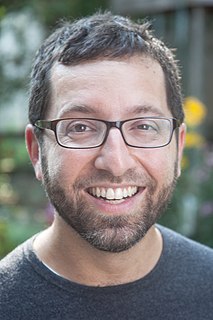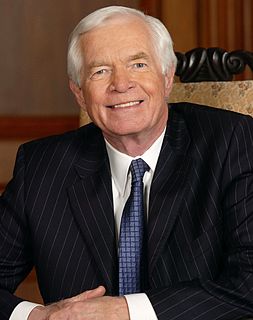A Quote by Danica McKellar
This much I'm sure of. Chances for winning = 1 - (# of math students playing)/ (# of math students cheering). That's a fraction.
Related Quotes
You know, students who major in elementary education - they're going to be grade school teachers - they have the highest rates of math anxiety of any college major. And they bring that into the classroom. So you find students being introduced to math concepts by teachers who may have not only a lack of training but also a lack of enthusiasm about math.
I'm a strong believer that you have to have an equal opportunity to fail and to try things that are hard. I always tell my students, "Don't just take things that are easy for you. If you're really good at math, don't take just math. Take classes that make you write. If you're a really great writer, but bad at math, take math and make yourself work your way through it."
There are two versions of math in the lives of many Americans: the strange and boring subject that they encountered in classrooms and an interesting set of ideas that is the math of the world, and is curiously different and surprisingly engaging. Our task is to introduce this second version to today's students, get them excited about math, and prepare them for the future.
Let's be clear about what Common Core is. It spells out what students should know at the end of each grade. The goal is to ensure that our students are sound in math and literacy and that our schools have some basic consistency nationwide. But the standards do not dictate a national curriculum, and teachers are not told how or what to teach.



































